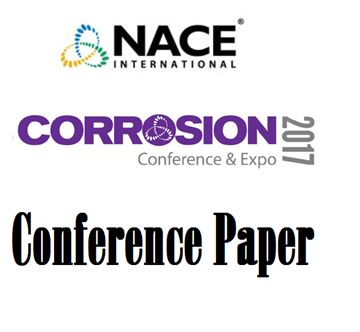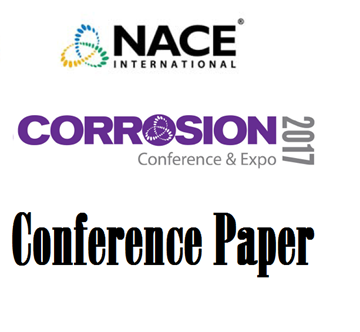Search
09120 Hydrogen Effects on High Strength Pipeline Steels
Also Purchased
Investigation of Hydrogen Embrittlement of High Strength Pipeline Steels Under Cathodic Protection
Product Number:
51317--9255-SG
ISBN:
9255 2017 CP
Publication Date:
2017
$20.00
Hydrogen in Steels: A Critical Review and Recommended Practices
Product Number:
51317--9548-SG
ISBN:
9548 2017 CP
Publication Date:
2017
$20.00
51313-02792-Electrochemical Investigation of Hydrogen Diffusion in Pipeline Steels
Product Number:
51313-02792-SG
ISBN:
02792 2013 CP
Publication Date:
2013
$20.00
Recently viewed




